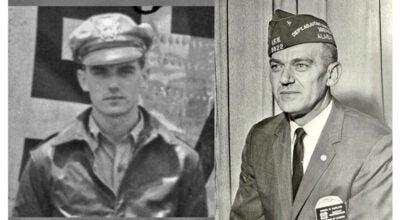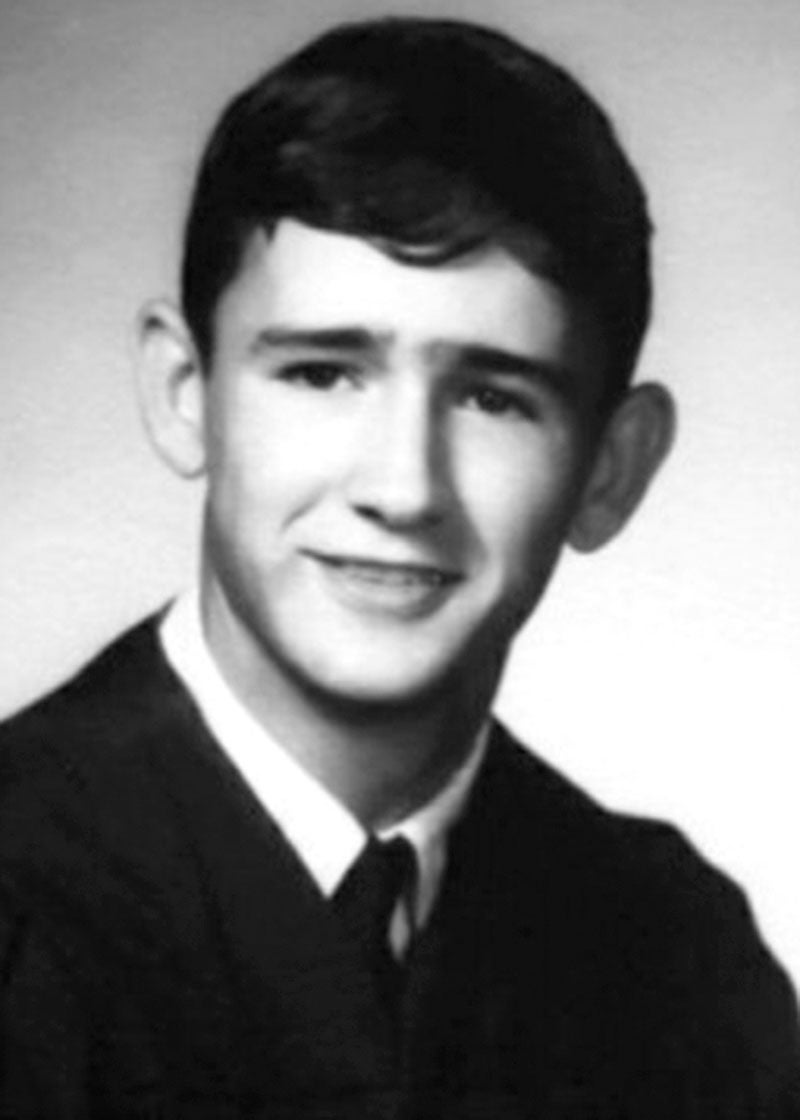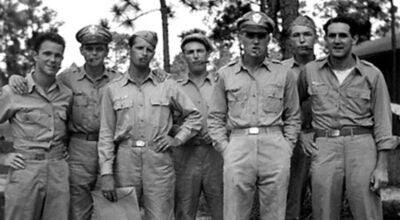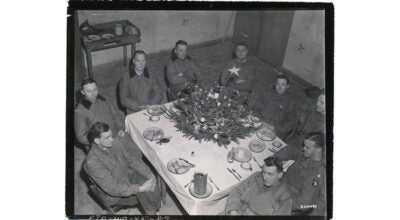Ralph Gerald Dunn Jr.: U.S. Army Ranger, Vietnam KIA
Published 10:10 am Monday, May 3, 2021
|
Getting your Trinity Audio player ready...
|
On the Covington County Veterans Memorial, there are 20 names listed as Killed In Action during the Vietnam War. This week’s article will honor the memory of Army Ranger, Sgt. Ralph Gerald Dunn, Jr.
Ralph Gerald Dunn, Jr. was born to Ralph Gerald Dunn and Betty Jean Dunn on October 27, 1947 in Andalusia, Alabama. His father was called Ralph while he was called Gerald.
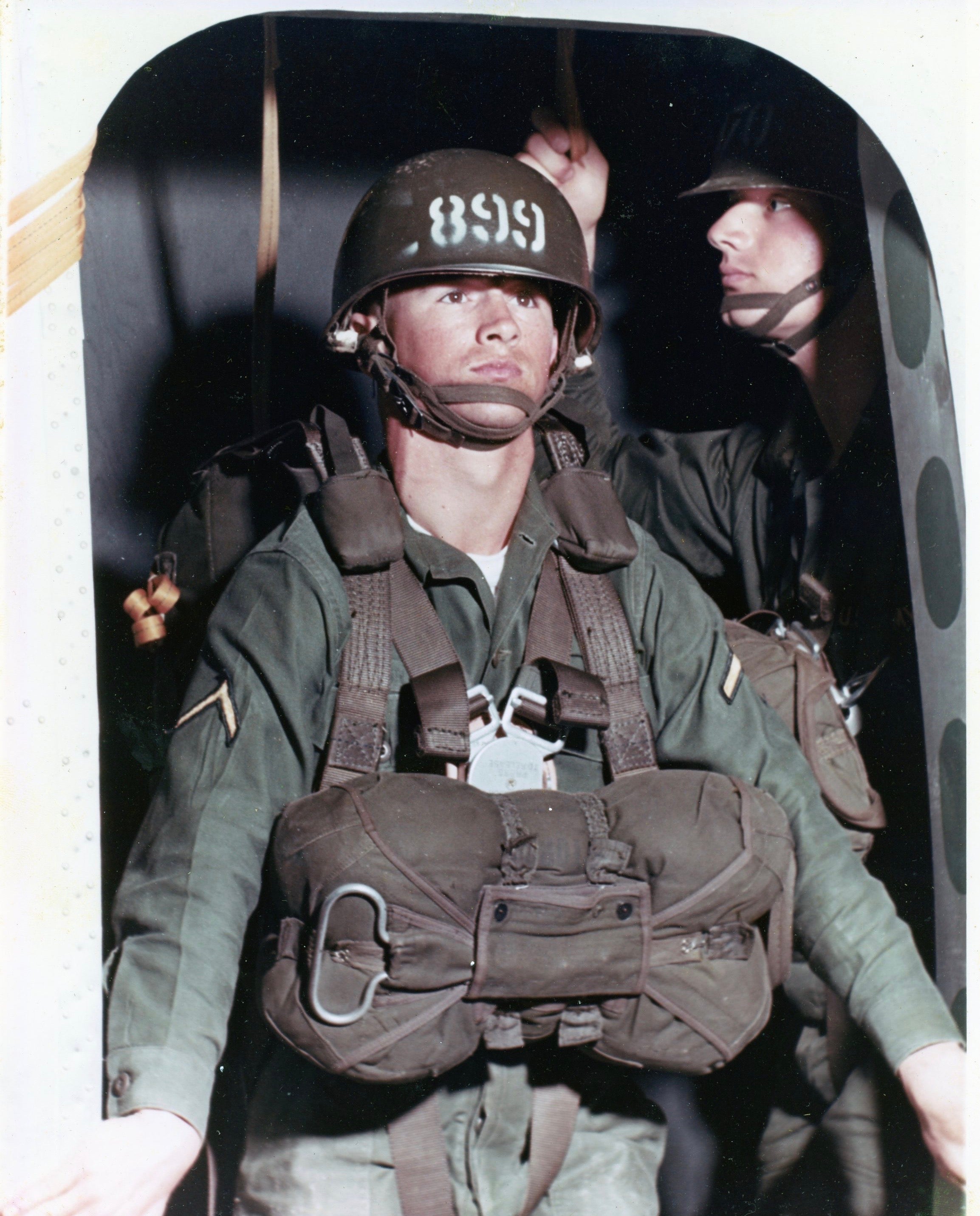
Sgt. Ralph Gerald Dunn, Jr., U.S. Army Ranger as a member of the Special Forces, Long Range Reconnaissance Patrol]LRRP]
Gerald grew up on Holley Street in Andalusia, next door to the author. He was best friends with the author’s brother, Jimmy Vick, who was also a Vietnam veteran. Gerald loved to hunt and fish and was a track star at Andalusia High School. After graduation in 1966, he entered Auburn. In October 1967, Gerald left Auburn and enlisted in the Army.
His basic training was done at Fort Jackson, S.C., and was followed by advanced infantry training at Fort Gordon, Ga. Gerald was then accepted for NCO and Airborne School at Fort Benning, Ga. While still at Fort Benning, he completed the Army Ranger School. In 1968, Sgt. Gerald Dunn departed for Vietnam as part of the Special Forces unit, Company K, 75th Infantry Regiment, 4th Infantry Division.
Upon arrival in Vietnam, Sgt. Dunn underwent Special Forces training at Nha Trang. There he underwent training to join the very specialized Long-Range Reconnaissance Patrol [LRRP] units. In a letter home, he told about the last day of training. They were required to complete a seven-mile run, carrying 50 pounds of equipment in their backpack. He said that there was not much skin left on his back at the completion of the run.
The LRRPs were formed in 1966 by Gen. William Westmoreland. He ordered the formation of small, highly skilled, highly mobile, specially trained groups that would function as information gathering, reconnaissance units responsible to area tactical commanders.
Details of Sgt. Dunn’s experiences with the LRRPs is scarce but he wrote home about a couple of dangerous patrols.
On one reconnaissance patrol, he and three other soldiers were pinned down by at least 10 enemy soldiers. Unable to move, they called in Army M114, 155mm howitzers to fire on the enemy positions. The 155mm howitzer shell has a 90-meter kill-radius and Dunn and his men were only 40 meters from the enemy. He said that the enemy were eliminated but that the shrapnel felled a lot of bamboo on top of their own position. One piece of shrapnel knocked out his radio.
On another patrol into enemy territory, Dunn and his men came into contact with about 60 enemy soldiers. They quietly called in the enemy’s position to headquarters. They were asked to “bring in an enemy prisoner.” In his letter home, Dunn explained that those were not the kind of odds that favored the successful capture of a POW so they chose to “quietly retreat.”
On February 16, 1969, Sgt. Dunn and three other Rangers were part of a LRRP that was to be inserted into an area near Polei Kleng in Kontum Province. They were attempting a landing when their UH-1D Huey was hit. The pilot, WO1 Norman P. Perron, tried to climb out of the LZ [landing zone] but reported that his controls were damaged. After gaining altitude, the helicopter began a slow, spiral descent to the ground where it crashed and burned. The four-man crew as well as the four Army Rangers all died in the crash. Sgt. Dunn’s awards include, the Combat Infantryman Badge, Vietnam Campaign Medal, Vietnam Service Medal, Army Presidential Unit Citation, Vietnam Gallantry Cross and several others.
Sgt. Dunn’s parents were notified of his death on February 22. Not long after that, Sgt. Dunn’s body was flown to San Francisco and then on to Montgomery with a military escort. Foreman’s Funeral Home brought Sgt. Dunn home and he was buried at Andalusia Memorial Cemetery with full military honors a few days later. He was survived by his father, Ralph Gerald Dunn, Sr., his mother Betty Jean Dunn, and brothers Benny and Patrick.
— John Vick
(Author’s Note: The author was friends with Ralph and Betty Dunn for more than 50 years. They never really got over the loss of their son, Gerald. They have both died in recent years. The author wishes to thank Sgt. Dunn’s brother, Benny for his help in preparing this article.)
[Sources: Wikipedia; k75ranger.com; army.mil; armyrangers.com]
More COLUMN -- FEATURE SPOT
